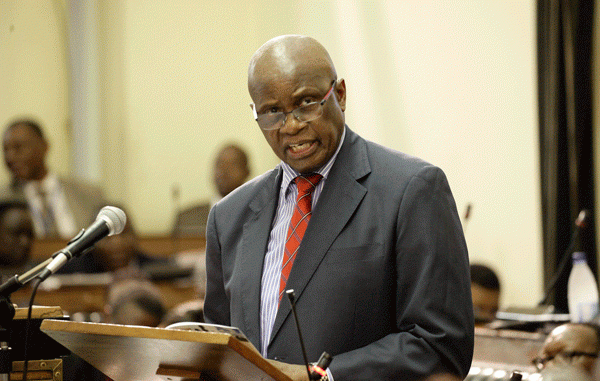Chinamasa, positioning himself as a reformer through re-engagement with Western governments and international financial institutions (IFIs), has an uphill task. Zimbabwe’s deteriorating economic conditions underline the urgency with which government must move forward and implement comprehensive reforms to rescue the economy, while advancing the re-engagement process even if the Lima Plan now looks dead in the water.
The debt arrears clearance strategy — in which government needs to raise US$1,8 billion to clear amounts overdue to IFIs to unlock US$2 billion in fresh funding — has been sabotaged by lack of reforms and a strong lobby against it.
While Harare is now looking East at Beijing again for a rescue, rapprochement with the West is still indispensable.
In his review, Chinamasa needs to rebalance expenditure away from employment costs towards development and social spending to restore fiscal discipline and sustainability. Accelerating state enterprises reforms is also critical.
Tackling external arrears and advancing the re-engagement process to allow the country to eventually access new funding remains as imperative as addressing structural weaknesses to boost growth potential.
Given shrinking government revenues and the limited fiscal space, authorities have started to rationalise civil service. Zimbabwe’s public sector wage bill is among the highest in the region and accounts for a disproportionately large share of the budget. Growth in employment costs reflects large wage increases and expansion of the civil service laden with ghost workers. The country cannot use fiscal policy to deal with adverse shocks or its social and development needs because it lacks the necessary resources and it spends too much on wage outlays. The top priority is lowering the size of the wage bill. The issue is how to do it in a credible and sustainable way.
Since Zimbabwe’s tax collection as a share of GDP is high by sub-Saharan African standard, Chinamasa must focus more on improving tax administration efficiency, rather than increasing tax pressure. Capital and social expenditures have suffered from years of shelling out money on recurrent expenses.
Apart from the wage bill, he must sort out the diamond revenues, indigenisation and land reform policy issues. The economy is operating well below capacity and there is urgent need for reforms.
Besides liquidity and cash problems, output is increasingly constrained by infrastructural bottlenecks — electricity, water, transport; unavailability and high cost of long-term capital; high cost of doing business; low productivity; and an uncompetitive manufacturing sector. So reforms needed entail infrastructure development, particularly in such key areas as energy, water, roads and schools; enhancing the investment climate; and reducing cost of doing business.

